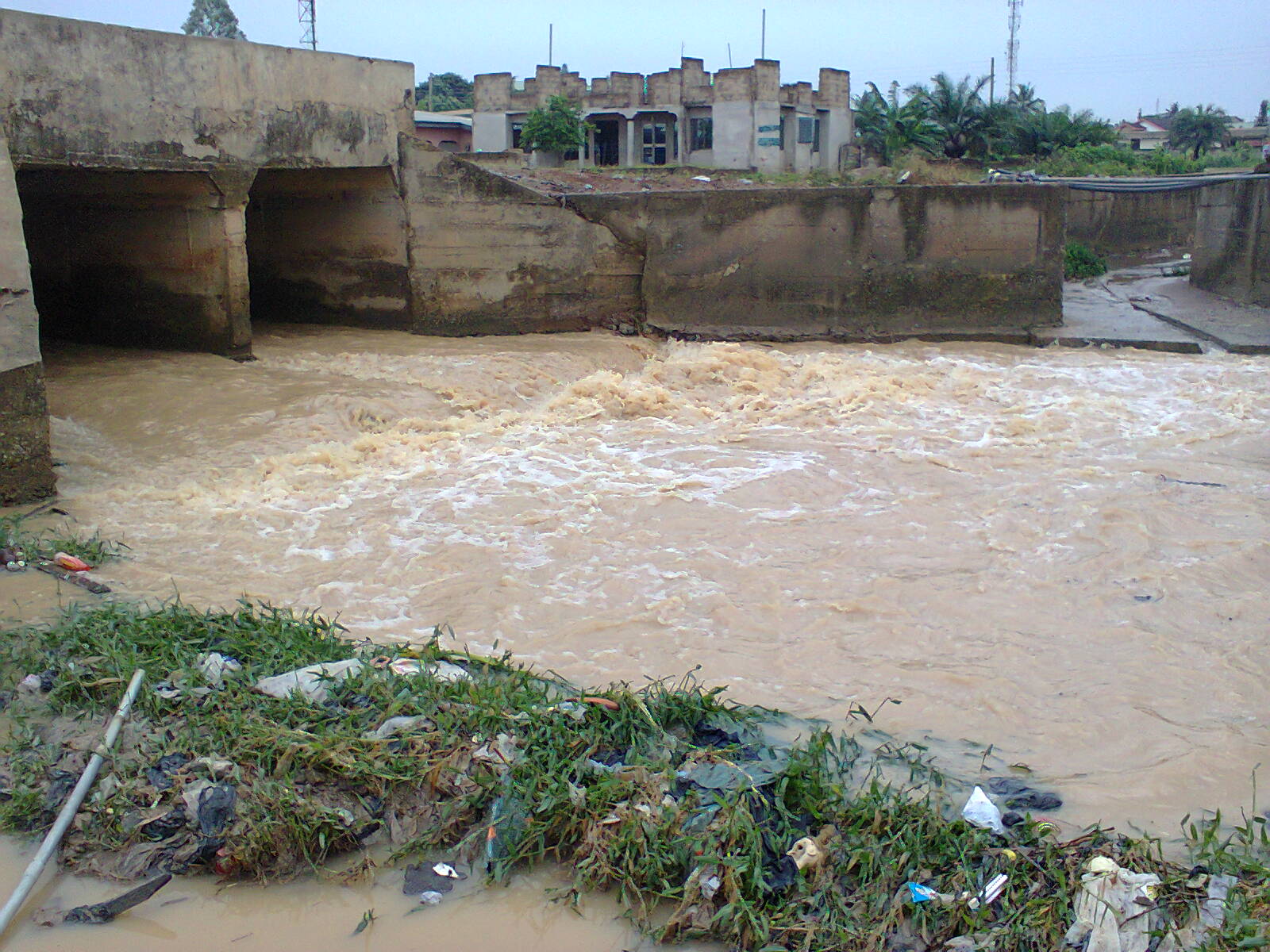 New research suggests pregnant women who defecate in the open are more likely to have a premature delivery or give birth to a baby with low weight than those who use toilets.
New research suggests pregnant women who defecate in the open are more likely to have a premature delivery or give birth to a baby with low weight than those who use toilets.
Researchers studied some 670 pregnant women in India’s eastern Orissa state.
Along with neighbouring Jharkhand state, Orissa has the highest number of households in India without toilets.
More than half a billion people in India still continue to defecate in the open, according to WHO.
Among the rural and tribal women studied, almost 60% said they had no access to toilets when questioned during the first three months of their pregnancy, while of the 40% who did live in a household with one installed, more than half reported using it rarely or a few times a week.
In their findings published in the journal PLOS Medicine, the researchers discovered almost a quarter of all the women studied suffered an ‘adverse pregnancy outcome’ (APO), most commonly premature births and low birth weight.
Although APOs were recorded among a few of the women who did use toilets regularly, the researchers said this could have been triggered by other factors.
When several of these potential confounding causes like living conditions and poverty levels were factored in, they found that open defecation was still “significantly associated” with a greater risk of APOs.
“Analysis of our data demonstrates that improved sanitation is a critical need during pregnancy,” said Pinaki Panigrahi from the University of Nebraska Medical Center and one of the paper’s co-authors.
Writing in the paper, the researchers said: “Our results specifically demonstrate that latrine access alone is not associated with a reduction in the burden of APOs; however, latrine use is.”
“Our model estimated 7-fold higher odds of APOs among pregnant women who had access to a latrine but used it only rarely compared to women who used a latrine often/daily.”
The researchers, who also include public health experts from the London School of Hygiene and Tropical Medicine and the University of Iowa, say their study is the first to provide evidence linking poor sanitation to a higher risk of APOs.
They added another important finding was that higher levels of education was associated with a reduced risk of APOs, something which previous studies have also suggested.
Premature births and low birth weight are both linked to an increase risk of a range of health problems all the way up to adulthood, including diabetes, hypertension and depression.
India has the highest number of premature births in the world at 3.5 million, followed by China with 1.17 million.
Prime Minister Narendra Modi has made improving sanitation in India one of his top priorities and wants every home to be installed with a toilet by 2019.





